The Kurdistan Region, as a semi-independent entity, has several laws that theoretically guarantee freedom of expression, press, and access to information. Among these, Law No. 35 of 2007 on Journalism and Law No. 11 of 2013 on the Right to Access Information stand out as pillars meant to make the Kurdistan Region a model of transparency and openness.
Free Press: A Legal Right, A Bitter Reality
Article 2 of the Journalism Law states:
“Journalism is free and uncensored, and freedom of expression and publication is guaranteed to all citizens.”
This is a powerful statement, yet in reality, the situation often contradicts this principle. Journalists seeking information “from various sources” relevant to the public interest often find their requests blocked or delayed.
These limitations exist despite the Right to Information Act, which explicitly aims to “support the principles of transparency and active participation to consolidate the democratic process” and to “provide a more favorable environment for freedom of expression.” If the rule of law truly prevailed, these objectives would guide every institution. Unfortunately, what occurs frequently runs counter to these ideals.
As the Kurdish poet Nali once lamented:
“Nali does not speak the truth, although he gave his life for the word!”
Right to Information: Between Law and Restriction
The Right to Information Act guarantees that everyone, whether natural or legal, can access public information. Agencies are required to designate specialized personnel to handle information requests, and any refusals must include clear justifications.
Yet practical questions remain: Are these officials responsive? Are refusal reasons consistent with Article 4 of the Act, or are vague excuses given? Even when public interest demands disclosure, institutions often withhold information. If the law were supreme, public interest should always take precedence.
Protecting Journalists: The Enforcement Gap
The protection of journalists is another critical issue. Article 7 of the Journalism Law states:
“Anyone who insults or assaults a journalist during the course of their work shall face the same punishment as if they had assaulted a public employee performing their duties.”
In practice, however, the question arises: How many complaints against obstructing or assaulting journalists have been effectively pursued in court? For the law to prevail, its protections must apply equally to journalists and those who violate their rights. Unfortunately, weak enforcement has left these legal safeguards largely symbolic.
Bridging the Gap Between Law and Practice
The rule of law is not just about written texts. It requires impartial application and a strong, independent judiciary, free from political or security influence. Article 8 of the Journalism Law protects journalists from interrogations or searches without judicial oversight and union representation. Yet violations continue, leaving journalists vulnerable and undermining the spirit of the law.
Authorities must ask themselves: How long will legal texts remain theoretical while journalists navigate between the dream of transparency and the nightmare of censorship? It is time for institutions, particularly the judiciary, to enforce these laws consistently. Otherwise, the Kurdistan Region risks damaging its own credibility and international reputation.









